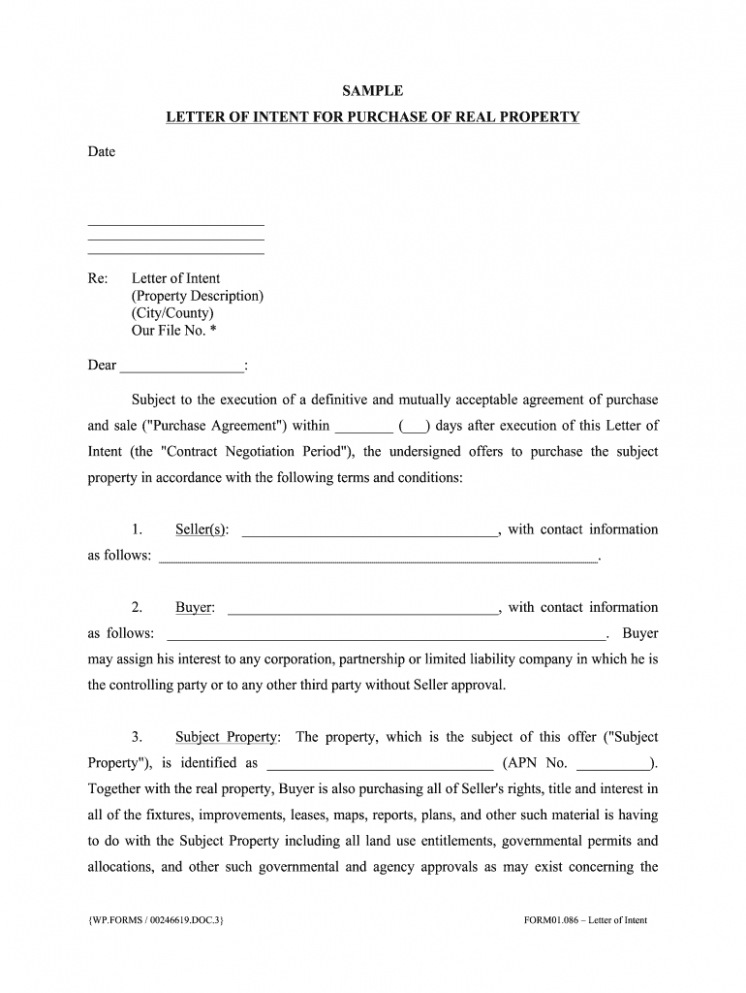Land Purchase Offer Letter Template Taxpayers experiencing tax financial debt problems hardly ever compare the IRS offer in compromise with the Chapter 13 personal bankruptcy. Often, the Phase 13 will offer a much more specific treatment for the taxpayer to solve tax debt. This short article examines the relative benefits of both the deal in compromise and Phase 13.

An deal in compromise might be one of the most marketed tax obligation solution. You can not listen to radio or enjoy TV without being pestered by advertisements to resolve your tax obligation debt. Typically the ads announce that the IRS has announced that leniency in the collection of the tax obligation financial obligation exists for a restricted time. The unfortunate truth is that the leniency announcement by the internal revenue service was often for other problem area, such as tax sanctuaries. The IRS turns down about 85 percent of all offers in compromise filed because of doubt as to collectibility. Offers in concession are generally submitted due to the fact that the taxpayer believes the tax obligation debt can not be paid, Uncertainty as to Collectibility is one of the most typical kind of offer in compromise. Other sorts of deals in compromise are outside the range of this short article.
The benefit of the offer in compromise is that the tax obligation responsibilities, consisting of the related fines and passion, are decreased to the amount the internal revenue service and also the taxpayer concur can be paid. Both parties need to agree to the regards to the offer in compromise. The offer in compromise is a agreement in between the internal revenue service and also the taxpayer. The regards to the agreement can be applied versus the taxpayer as well as the internal revenue service.

Acceptance of the deal in concession happens when the internal revenue service believes that the offer is at the very least as high as could be collected by the IRS over the 10 year life of the law of constraints. The IRS will certainly turn down an deal that is for a lower amount than it might or else collect.
The IRS uses a consistent set of financial criteria that are not adaptable in both the evaluation of the quantity paid monthly in an installation contract and in an offer in concession. These requirements restrict the expenses for living that the taxpayer can assert are needed for living. The standards consist of food, housing and also utilities, transport, and expense health cost. The criteria might create drastic issues for a taxpayer with a reasonably greater standard of living. Overhead are not influenced by the criteria.
The evaluation of the minimal offer in concession that will certainly make the deal processable is the equity in the taxpayer’s assets plus the amount that could be paid in an installation contract over a given period of time. The duration of the future monthly repayments thought about by the IRS depends upon how the offer will certainly be paid by the taxpayer. The internal revenue service desires 48 months of month-to-month payment if the taxpayer uses a round figure. The IRS desires 60 months of month-to-month settlement if the offer is to be paid in a short term agreement of 2 years or much less. Nonetheless, the internal revenue service will certainly consider valid issues such as retired life and wellness of the taxpayer in shortening the period of the multiplier.



